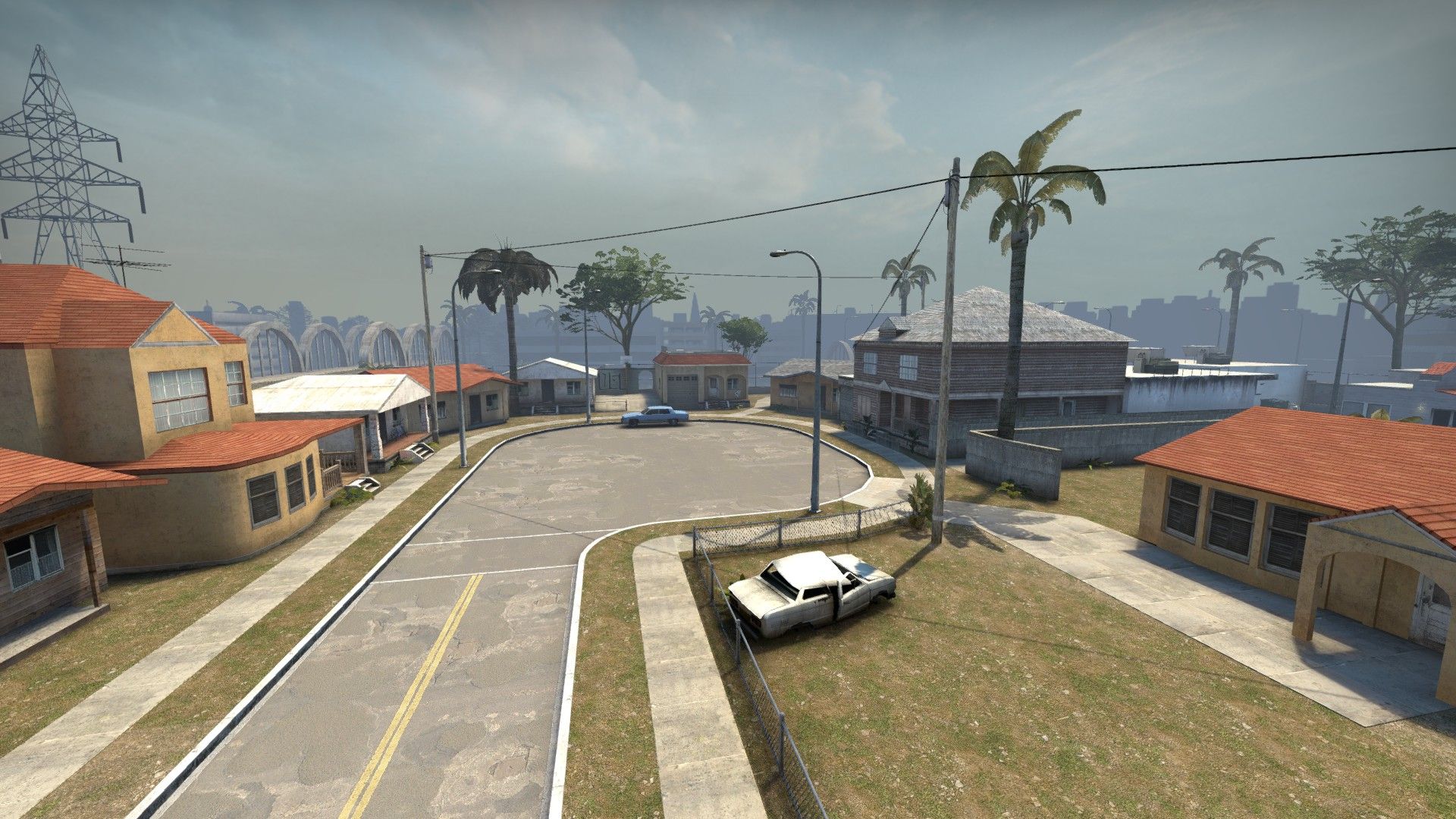
It’s a common thread in some of my personal favourites – think Dishonored, The Last of Us, Gone Home – because of the many uninhabited homes we get to explore in those worlds. Am I a platonic voyeur? Maybe. But I’m endlessly delighted by environmental storytelling. Games that show me a kitchen littered with mouldy takeaway containers and scattered Vodka bottles are infinitely more satisfying than those that would instead give me an in-game diary page from an alcoholic.
This is undoubtedly where Eternal Threads’ puzzling magic lies. Despite the melodramatic opener that informs us that “we broke the world” by time-travelling all willy-nilly and releasing radiation into the time stream that changed “countless seemingly insignificant decisions throughout history”, an elegant layer of melancholy lies over Eternal Threads. The ordinariness of its people – their rooms, their shared spaces, their conversations, the letters they screw up and toss into the bin – is captured with ease. Both our world and cast are small. We explore only a single deserted home once inhabited by a handful of ordinary folks, but getting to know them isn’t just a pleasure; it’s a matter of life or death.


